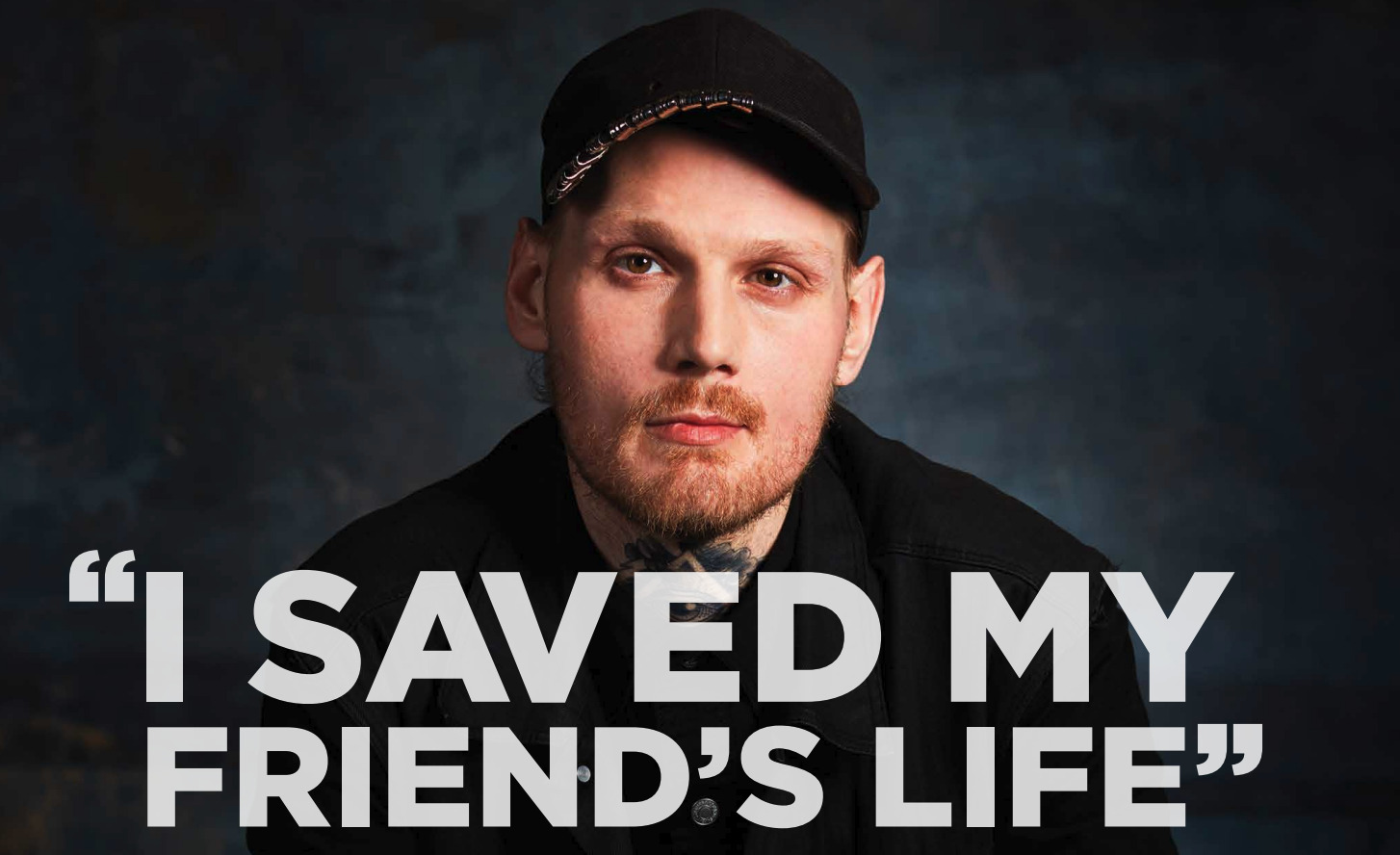
Opioid overdose and sudden cardiac arrest are two leading causes of death in the United States. Both of these conditions can be fatal if not treated promptly. However, there are two life-saving interventions that anyone can learn to perform without being a doctor: naloxone administration and hands-only CPR. The sooner the intervention is started, the greater the likelihood of success. It does not take much to learn how to perform these interventions. Although you can get a certification in CPR, you do not need to be certified to save a life. As a matter of fact, don't let the lack of certification hold you back from acting. We will include links to learning these techniques below in this article.
In 2021, there were over 72,000 opioid overdose deaths in the United States. This is a staggering number, and it is important to note that opioid overdose deaths are preventable. Opioid overdose occurs when someone takes too much of an opioid drug, such as heroin, fentanyl, or prescription painkillers. Opioids can slow down or stop breathing, which can lead to death.
Naloxone (Narcan) is a medication that can reverse the effects of an opioid overdose. It works by blocking the effects of opioids on the brain and nervous system. Naloxone (Narcan) is very effective at reversing opioid overdose, and it can save lives.
A study published in the New England Journal of Medicine found that naloxone administration by bystanders increased the survival rate from opioid overdose by 92%. This study also found that naloxone (Narcan) is safe and well-tolerated by most people.
In March 2023, the US Food and Drug Administration (FDA) approved naloxone (Narcan) nasal spray to be available over-the-counter (OTC). This means that anyone can buy naloxone nasal spray from a pharmacy without a prescription. We suggest carrying this potentially life-saving medication with you either on your person or in your car.
While buying it over the counter will cost money, it likely would qualify for use with an HSA or FSA card. For those either dealing with narcotic issues themselves or who are a family member of someone with opioid overuse or addiction, your insurance plan may cover the expense. In Colorado it is covered by Colorado Medicaid without the need for prior authorization. Many telemedicine services can help your obtain these medications if you qualify.
Sudden cardiac arrest occurs when the heart suddenly stops beating. It is a leading cause of death in the United States, with over 350,000 people dying from it each year. Sudden cardiac arrest can happen to anyone, regardless of age or health status.
Bystander hands-only CPR is a simple way to help someone who is having a sudden cardiac arrest. It involves chest compressions only, and it does not require any special training.
A study published in the Journal of the American Medical Association found that bystander hands-only CPR increased the survival rate from sudden cardiac arrest by 2-3 times. This study also found that bystander hands-only CPR is safe and easy to learn.
***It is generally recommended to do compressions at 100 to 120 compressions per minute. It may be difficult to conceptualize how fast that is, so it might be helpful to pick a song with an appropriate tempo and sing it in your head if you ever need to perform this maneuver. Examples of songs with appropriate tempos include: "The Real Slim Shady" by Eminem(105 bpm), "Ice Ice Baby" by Vanilla Ice(116 bpm), "Can't Stop the Feeling" by Justing Timberlake(113 bpm), and the CPR training classic, "Staying Alive" by the Bee Gees (104 bpm). Some additional songs with tempos between 100 and 120 bpm can be found here at EMS1.com
Naloxone (Narcan) administration and hands-only CPR are two life-saving interventions that anyone can learn to perform without being a doctor. These interventions can help to save lives in the event of an opioid overdose or sudden cardiac arrest. Use the links above to familiarize yourself with these interventions and feel comfortable acting if necessary. Someone's life may depend upon it.